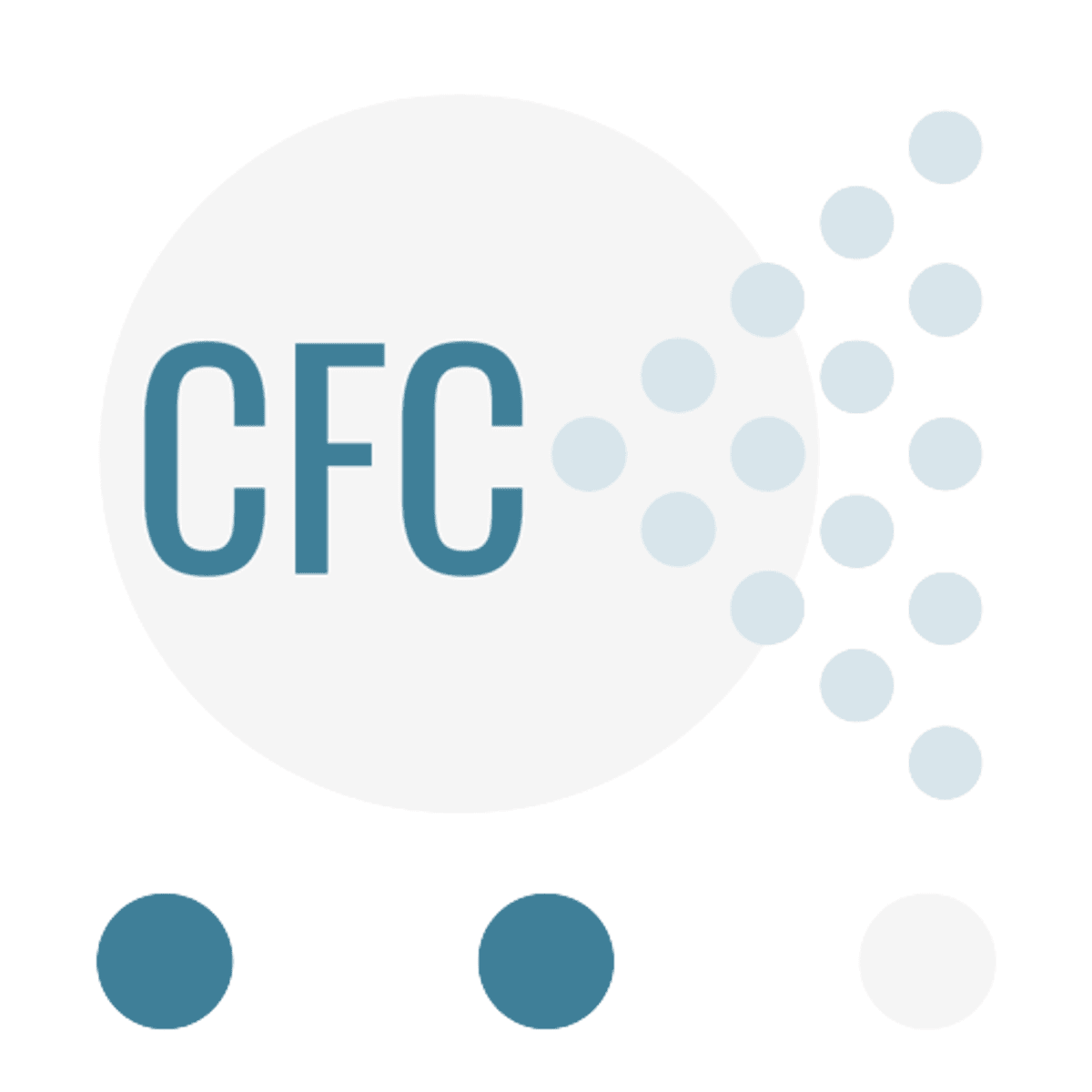
In this course, you will learn the skills needed for effective cross-functional collaboration and practical tactics for applying them. Since understanding concepts intellectually is always easier than knowing how to apply them practically, you will be presented with an opportunity to practice in a low-stakes environment while being guided each step of the way. For this course, you will need a relative, friend, or colleague you could practice with. The best part? They don’t need to know they are a part of your training.
What's inside
Syllabus
Two key roles in cross functional collaboration
Leader and a facilitator roles set the tone of cross-functional collaboration. They either help the team do their best thinking or they hinder the progress.
In this module, you will learn the difference between being a leader and a facilitator. You will also learn how you can help the cross-functional team overcome the most common collaboration anti-patterns depending on the role you play.
Read more
Syllabus
Good to know
Save this course
Activities
Review Leadership Concepts
Show steps
Understand the fundamental principles of leadership to better prepare for the course content on leadership roles.
Show steps
-
Identify the different leadership styles
-
Analyze the strengths and weaknesses of each style
-
Consider how your own leadership style may impact cross-functional collaboration
Facilitation Role-Play
Show steps
Practice facilitating a cross-functional team meeting to gain hands-on experience in managing group dynamics and decision-making.
Browse courses on
Facilitation Skills
Show steps
-
Identify a specific goal for the meeting
-
Prepare an agenda and handouts
-
Facilitate the meeting, ensuring all participants are heard and engaged
-
Summarize the key decisions and action items
Participation in Cross-Functional Collaboration Case Competition
Show steps
Apply your knowledge and skills in a real-world setting by participating in a cross-functional collaboration case competition.
Show steps
-
Identify and register for relevant case competitions
-
Form a team with diverse skills and experience
-
Analyze the case and develop a comprehensive solution
-
Prepare and present your solution to a panel of judges
Show all three activities
Review Leadership Concepts
Show steps
Understand the fundamental principles of leadership to better prepare for the course content on leadership roles.
Show steps
- Identify the different leadership styles
- Analyze the strengths and weaknesses of each style
- Consider how your own leadership style may impact cross-functional collaboration
Facilitation Role-Play
Show steps
Practice facilitating a cross-functional team meeting to gain hands-on experience in managing group dynamics and decision-making.
Browse courses on
Facilitation Skills
Show steps
- Identify a specific goal for the meeting
- Prepare an agenda and handouts
- Facilitate the meeting, ensuring all participants are heard and engaged
- Summarize the key decisions and action items
Participation in Cross-Functional Collaboration Case Competition
Show steps
Apply your knowledge and skills in a real-world setting by participating in a cross-functional collaboration case competition.
Show steps
- Identify and register for relevant case competitions
- Form a team with diverse skills and experience
- Analyze the case and develop a comprehensive solution
- Prepare and present your solution to a panel of judges
Career center
Chief Operating Officer
Project Manager
Program Manager
Product Manager
Operations Manager
Organizational Development Manager
Training and Development Manager
IT Manager
Agile Coach
Team Leader
Change Management Consultant
Human Resources Manager
Scrum Master
Management Consultant
Business Analyst
Reading list
Share
Similar courses
OpenCourser helps millions of learners each year. People visit us to learn workspace skills, ace their exams, and nurture their curiosity.
Our extensive catalog contains over 50,000 courses and twice as many books. Browse by search, by topic, or even by career interests. We'll match you to the right resources quickly.
Find this site helpful? Tell a friend about us.
We're supported by our community of learners. When you purchase or subscribe to courses and programs or purchase books, we may earn a commission from our partners.
Your purchases help us maintain our catalog and keep our servers humming without ads.
Thank you for supporting OpenCourser.



